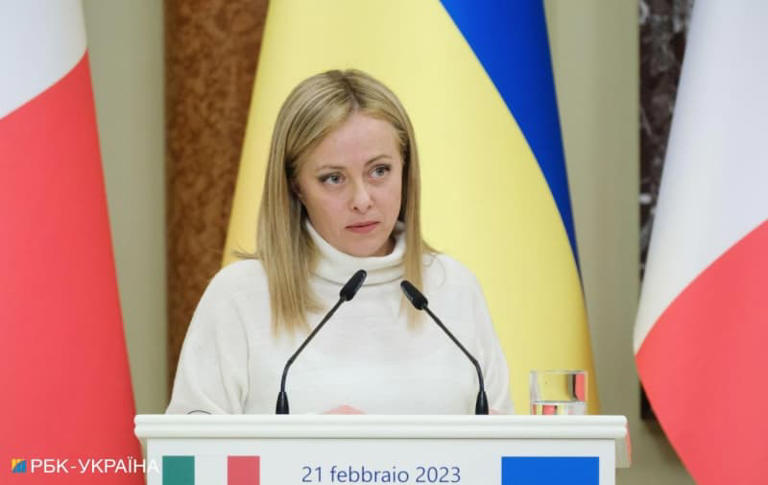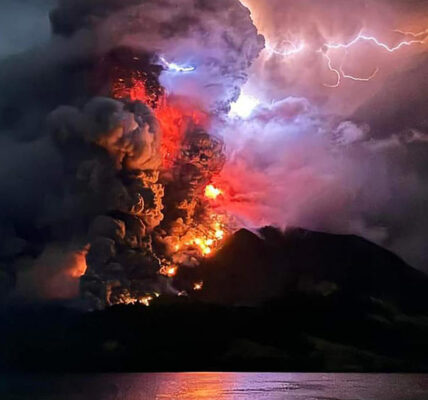Ukraine’s Right to Strike Russia: NATO’s Call for Caution
In the midst of escalating tensions, NATO’s call for caution regarding Ukraine’s right to strike Russian territory with Western-supplied weapons is sparking debate. Explore the implications and reactions in this analysis.

© RBC-Ukraine (UK)
Ukraine’s Right to Strike Russia: A Matter of Contention
In the ongoing conflict between Ukraine and Russia, a new dimension has emerged: the question of Ukraine’s right to strike Russian territory. NATO Secretary General Jens Stoltenberg’s recent call for caution on this matter has ignited a debate over military strategy and international relations.
Stoltenberg’s Call for Caution
Stoltenberg’s statement, issued on May 26, urged allied countries supplying weapons to Ukraine to consider lifting the ban on their use for targeting military objects in Russian territory. He argued that such a move is essential for Ukraine to effectively defend itself against Russian aggression, particularly in border regions facing relentless attacks.
Ukraine’s Plea for Permission
Ukraine has been vocal in emphasizing the importance of being able to strike military targets on Russian soil with Western-supplied weapons. The Ukrainian government contends that this capability is crucial for deterring further Russian offensives and protecting civilian areas from rocket and bomb attacks.
Western Support and Opposition
The debate surrounding Ukraine’s right to strike Russia has garnered mixed reactions from Western countries. While some, like UK Foreign Secretary David Cameron and Swedish officials, have expressed support for Ukraine’s request, others, including Italian Prime Minister Giorgia Meloni, have urged caution.
Meloni’s Call for Caution
Prime Minister Meloni, speaking on the Italian channel Rai3, cautioned against hasty decisions regarding Ukraine’s use of Western-supplied weapons to strike Russian territory. She stressed the need for NATO to maintain a firm stance while advising greater caution in navigating the complexities of the situation.
Implications for NATO Policy
The discussion over Ukraine’s right to strike Russia has significant implications for NATO’s policy in the region. Stoltenberg’s call for caution reflects the delicate balance NATO must strike between supporting Ukraine’s defense efforts and avoiding actions that could escalate tensions with Russia.
Debate Over Military Strategy
At the heart of the debate lies a fundamental question of military strategy: should Ukraine be granted the authority to strike Russian territory with Western-supplied weapons? Proponents argue that this would enhance Ukraine’s ability to deter Russian aggression, while opponents warn of the potential for escalation and further destabilization.
Humanitarian Considerations
Amidst the geopolitical calculations, the humanitarian consequences of the conflict cannot be overlooked. Recent attacks on civilian areas, such as the strike on the Epicenter hypermarket in Kharkiv, underscore the urgent need to protect innocent lives and prevent further bloodshed.
US Congressional Support
In the United States, a bipartisan group of congressmen has thrown its weight behind Ukraine’s plea for permission to strike Russian military targets with American weapons. This support reflects growing bipartisan consensus on the need to bolster Ukraine’s defense capabilities in the face of Russian aggression.
Navigating Diplomatic Channels
As the debate unfolds, diplomatic channels remain crucial for finding a peaceful resolution to the conflict. Dialogue between NATO, Ukraine, Russia, and other stakeholders is essential for de-escalating tensions and preventing the situation from spiraling out of control.
Conclusion: Balancing Caution and Resolve
The question of Ukraine’s right to strike Russia with Western-supplied weapons is fraught with complexity and uncertainty. While NATO’s call for caution underscores the need for prudence in navigating these treacherous waters, it must also be balanced with a firm resolve to support Ukraine’s defense efforts and uphold international security.
In the end, finding a sustainable solution to the conflict requires not only diplomatic finesse but also a steadfast commitment to the principles of peace, justice, and human dignity. Only through collective action and cooperation can the parties involved hope to build a future free from the scourge of war and violence.
ALSO READ:
“Kharkiv Battle: Shocking Revelation – 1,200 Russian Soldiers Vanquished!”



